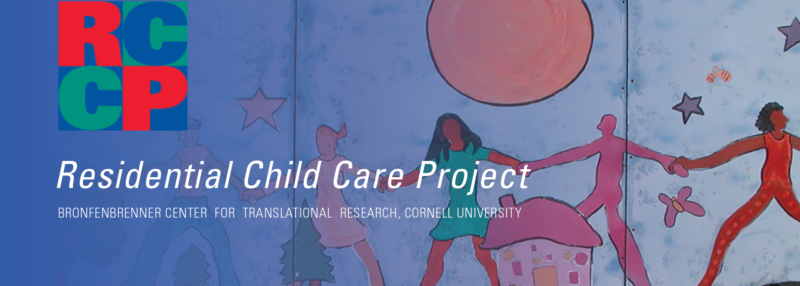
Therapeutic Crisis Intervention for Families (TCIF)
Many children placed in foster care, kinship care, adoptive care and many families that are receiving in-home supportive services or day treatment, have been exposed to many forms of trauma, including abuse, neglect, poverty, racism, family violence, and/or community violence. These children and their families are at risk for the development of one or more behavioural or emotional disorders. Children who have experienced ongoing neglect or abuse will most likely have developed adaptive behaviour patterns to try to minimise their abuse and neglect.
One of the most critical skills for these families who are caring for challenging children in their homes is to teach children to manage their feelings of frustration, anger and loss in more socially and developmentally appropriate ways. Therapeutic Crisis Intervention for
Families (TCIF) stresses crisis prevention and crisis de-escalation in ways that help children learn to avoid losing control.
Helps adults to:
- Prevent or de-escalate crises
- Acquire the skills and knowledge to help children improve their coping strategies
- Use crises as an opportunity to help children learn and grow
To understand the TCIF system, please download the TCIF Informational document.

What does the TCIF train-the-trainer look like?
The intensive five-day TCIF train-the-trainer program gives agency trainers the tools to teach crisis prevention strategies and crisis intervention techniques to adults who care for children in their homes. Trainers are prepared to coach learners during skill practice sessions, to use role playing, to facilitate small group discussions, and to handle resistance to training. There are opportunities to practice activities and to gain immediate training experience in the subject matter.
Day 1
Defines crisis as an opportunity for the child to learn new coping skills, examines the effects of trauma on children, explores how awareness of self and the child and the environment relates to crisis prevention, and discusses how to assess a crisis situation.
Day 2
Examines how managing the environment, setting clear expectations, and using active listening skills can prevent crises and presents different ways to approach children when intervening.
Day 3
Practices behavior support techniques and giving emotional first aid, examines how to negotiate rules and expectations, discusses the use of consequences, and demonstrates how to assess what children need.
Day 4
Teaches how to avoid power struggles, Life Space Interviewing and practices crisis co-regulation techniques to defuse a potentially violent/aggressive situation.
Day 5
Examines how to modify the Life Space Interview for children with communication deficits, develops individual crisis management plans and tests participants for certification.
Who should attend TCIF train-the-trainer?
Trainers, administrators, supervisors, foster and adoptive case workers and providers interested in training crisis prevention and intervention techniques to caregivers.
Why are there three TCI programs - TCI, TCIS, and TCIF?
All TCI training programs share the same concepts. The difference is that they have been tailored to use in specific settings - Residential, Schools and Family/Foster/Kin home.
Who created TCI?
The Residential Childcare Project, part of Cornell University in New York State develop, oversee, and review all versions of TCI and the workshops associated. They have consultants and partner organisations located in countries using TCI who provide support in their local area.

Want to bring TCIF to your organisation?
Further information, including options for training at your location is available HERE.